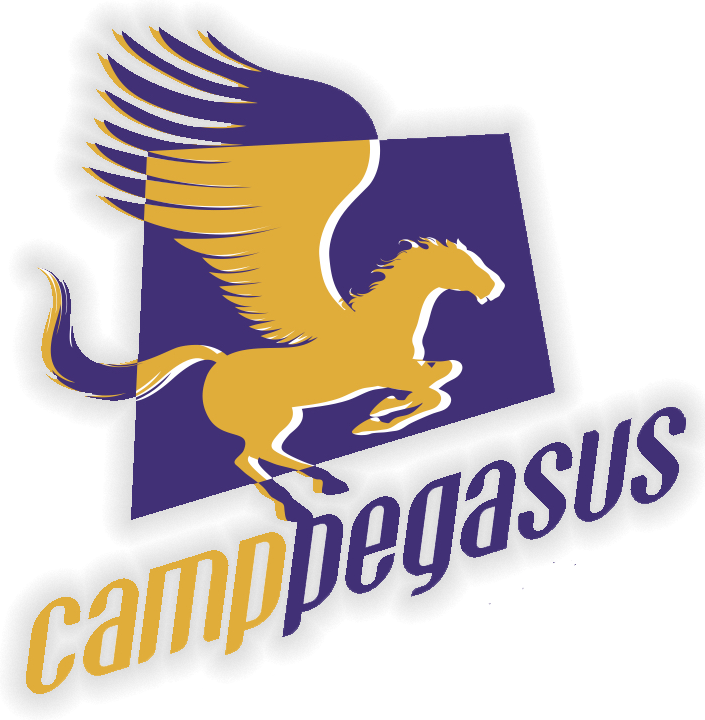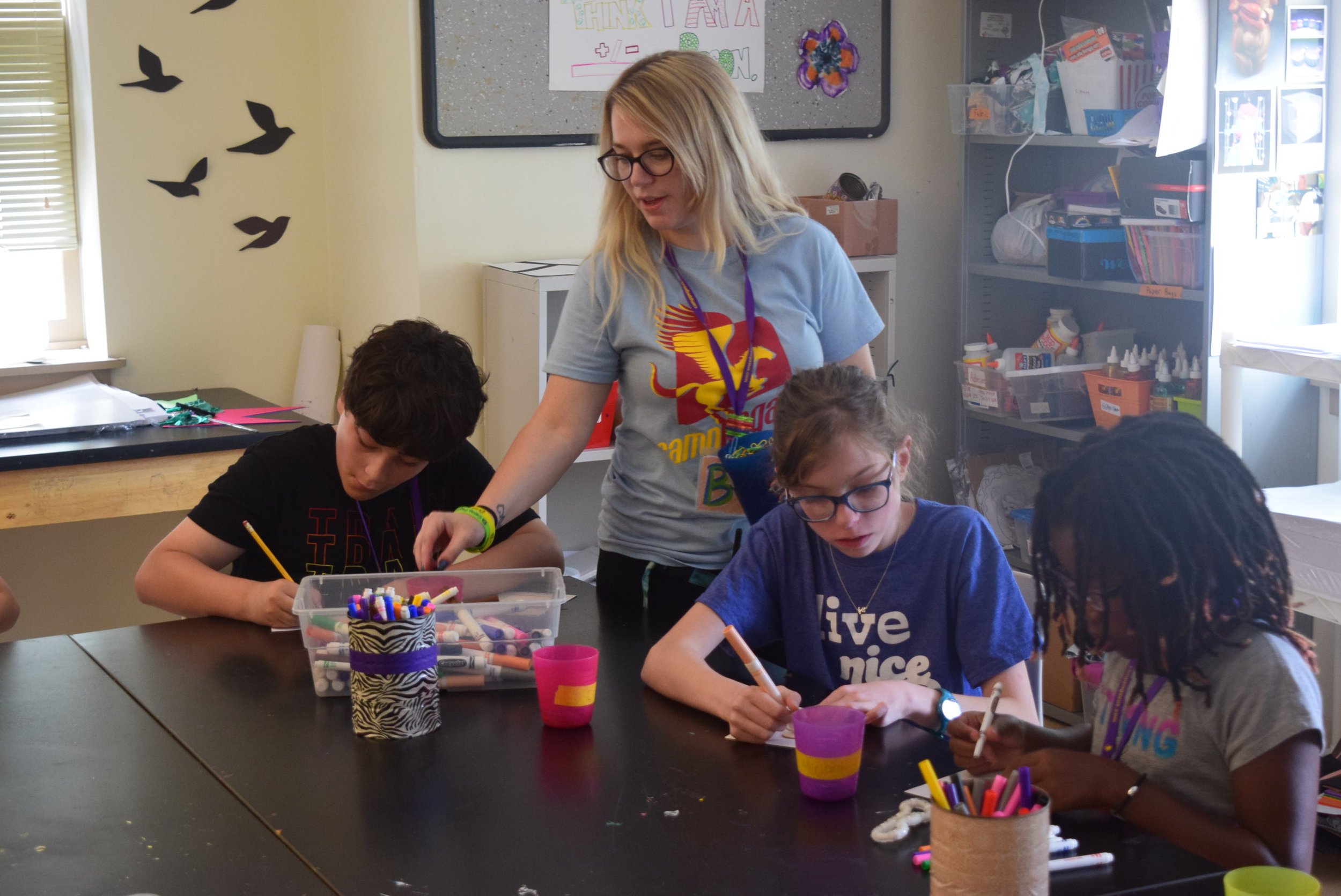Particpant Profile: who succeeds and who should apply
What do we look for in our admissions process?
With love, our program was designed to meet the precise needs of well-regulated, speaking (verbal) neurodivergent children with autism, level 1, ADHD, learning differences, and anxiety. Our admissions assessment helps us determine whether a child will likely experience success at Camp Pegasus - AND - it guides our thoughtful placement of each camper in a well-fitting peer group to ensure comfort and success.
The program does not successfully support and does not recommend admission for children who:
Have not yet developed language ability
Possess very low or extremely low intellectual functioning (because of the cognitive nature of the social and coping skills lessons)
Are not potty-trained or unable to feed themselves independently.
or, in the past three months:
Bullied others
Demonstrated physical aggression (hitting, kicking, pushing, biting) or threatened to do so
Engaged in destruction of property (throwing, dumping or breaking materials, or toppling furniture)
Eloped (ran or wandered away from supervision or the group)
Scared other children with screaming, cursing, or threatening behavior
Showed a need to over-control themselves or their environment with argumentative, oppositional-defiant, or refusal behavior
The Camp Pegasus Program works beautifully for, and recommends admission for children who:
Are behaviorally independent (not requiring 1:1 support at school)
Possess at least low average or higher intellectual functioning (to benefit from our cognitive-based social and coping skills lessons)
Utilize their words to advocate for their needs to adults
Are developing and practicing social language with peers
Demonstrate safe behavior (i.e. no physical aggression, destruction of property, elopement, or shutting down)
Have sufficient self-regulation to remain in activities when frustrated
Can return to an activity after a brief calming-break If upset or overwhelmed from a sensory standpoint,
Consistently follow classroom routines and do not regularly argue or refuse to cooperate
Independently perform self-care activities such as toileting, cleaning themselves, hand-washing, and feeding.




